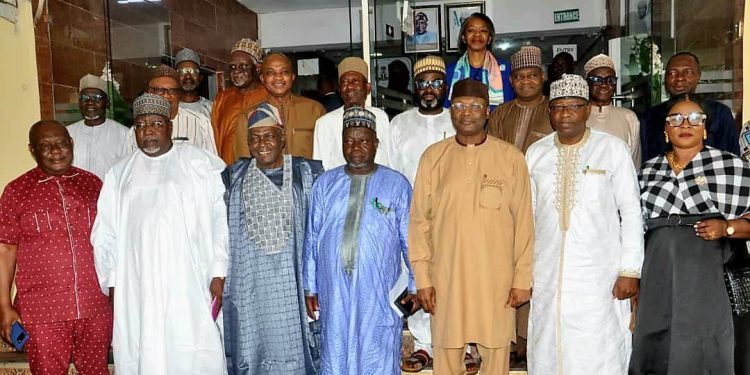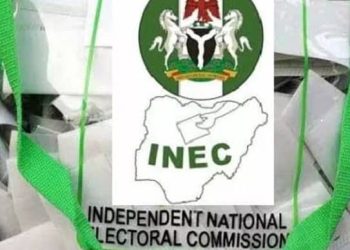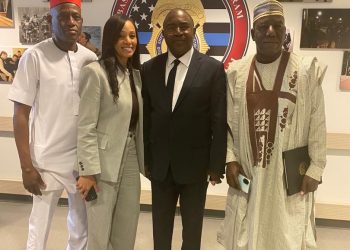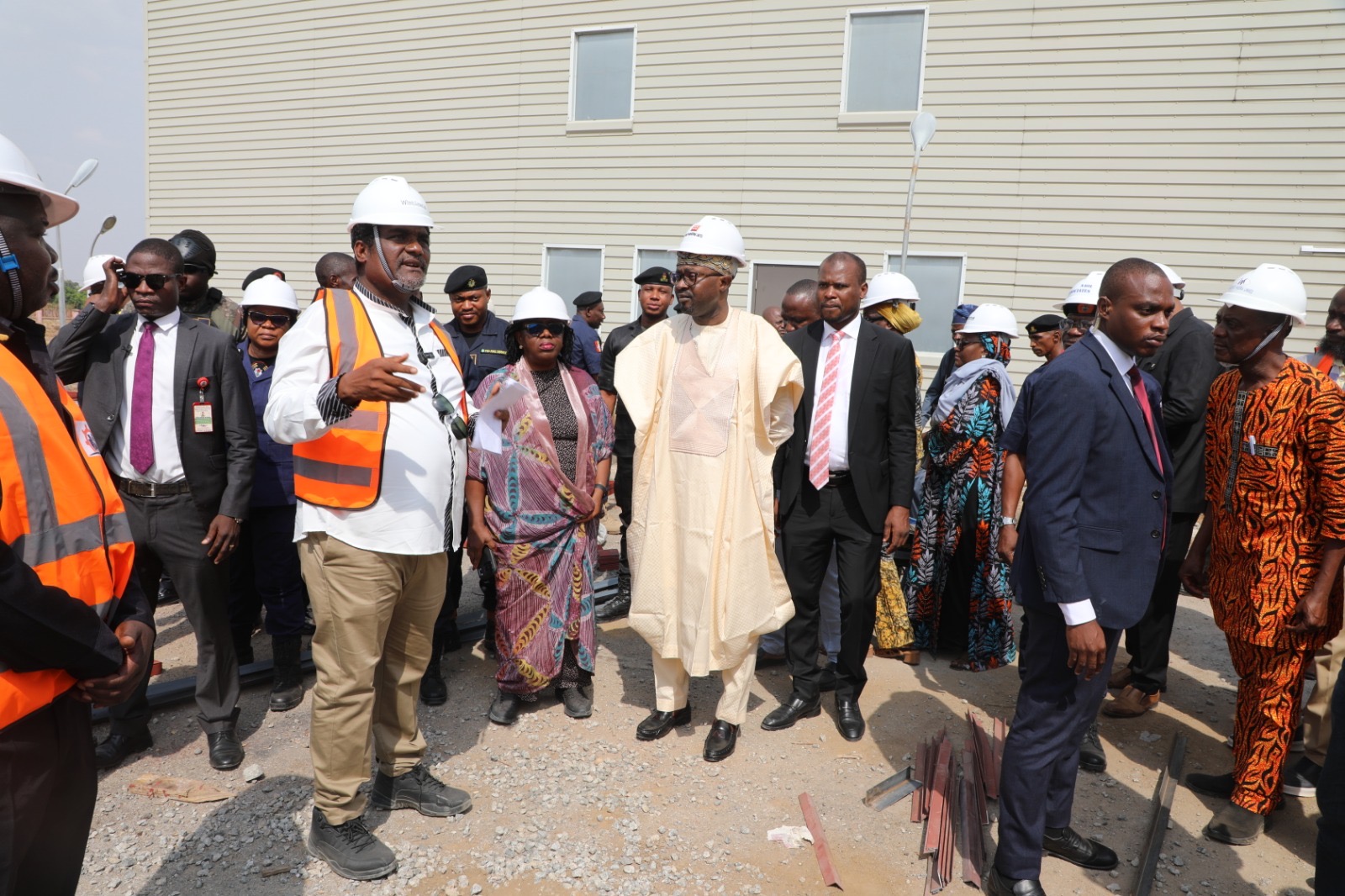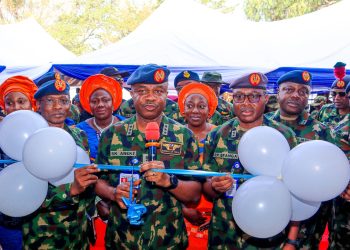By Nkechi Eze
Abuja, Nigeria – The Independent National Electoral Commission (INEC) has reiterated its commitment to enhancing the credibility of local government elections in Nigeria through continued technical and institutional support to State Independent Electoral Commissions (SIECs).
Speaking during a high-level meeting with the newly inaugurated executive of the Forum of State Independent Electoral Commissions of Nigeria (FOSIECON), held at the INEC headquarters in Abuja on Tuesday, INEC Chairman, Prof. Mahmood Yakubu, stressed that robust and transparent elections at the grassroots level are essential to deepening democracy in the country.
Prof. Yakubu congratulated the new leadership of FOSIECON, led by Hon. Mamman Nda Eri, Chairman of the Kogi State Independent Electoral Commission, and pledged INEC’s unwavering cooperation. He emphasized that the Commission’s support to SIECs would go beyond technical assistance to include capacity building and knowledge sharing, noting that several current SIEC chairmen are former senior INEC officials familiar with national electoral standards.
“The responsibility of INEC is clear under the Constitution. We register voters, compile and maintain the national register, create polling units, and regulate political parties. In all these areas, SIECs have always received our full cooperation,” the INEC Chairman said.
He clarified that no state electoral commission has ever been denied access to the national register of voters, list of polling units, or list of registered political parties for use in local elections, adding, “We have always discharged these responsibilities promptly and will continue to do so.”
Yakubu urged SIECs to adopt best practices from INEC’s conduct of elections in the Federal Capital Territory (FCT), where local elections are held regularly, and elected councils are never replaced by caretaker committees. “In the FCT, no party has ever won all the seats. That is democracy in action, regular, competitive, and transparent,” he stated.
He, however, decried the increasing trend of announcing local elections with unreasonably short notice, describing it as both unlawful and impractical. Citing a recent Supreme Court judgment, Yakubu stressed that announcing elections with only 21 days’ notice violates statutory provisions requiring a minimum of 360 days’ notice. He warned that such actions undermine electoral credibility and logistical planning.
“Political parties need adequate time to conduct primaries and campaigns. Electoral commissions require time to recruit and train ad hoc staff, make logistical arrangements, and carry out voter education. This message must be carried to every SIEC,” he said.
Earlier in his remarks, FOSIECON National Chairman, Hon. Mamman Nda Eri, expressed appreciation to INEC for the warm reception and reiterated the Forum’s mission to promote credible, inclusive, and transparent local government elections across Nigeria. He introduced members of the new national executive and reaffirmed the forum’s readiness to work closely with INEC to raise the standard of local polls.
Eri identified three priority areas where FOSIECON is seeking INEC’s support: technical assistance to adopt modern technology in local government elections; capacity building through joint training programmes and workshops; and knowledge sharing to facilitate peer learning and innovations in electoral management.
He drew attention to structural challenges facing many SIECs, particularly the issue of short notice periods for elections. While national electoral law mandates a 360-day notice, many state laws allow shorter timeframes, often leading to poorly prepared elections. He also highlighted the lack of financial autonomy in most SIECs, which remain dependent on state governors for funding, limiting their ability to function independently.
“We are appealing to INEC to support advocacy efforts for financial independence of SIECs. Without adequate funding and autonomy, even the best-trained electoral bodies will struggle to meet expectations,” Eri stated.


